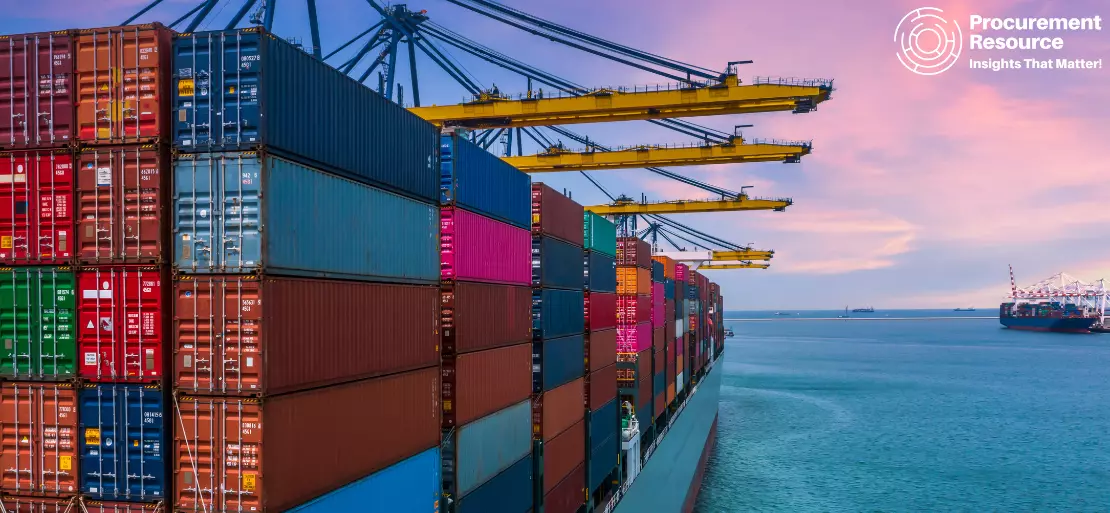Suez Canal Likely to Continue Facing Trade Loss for Months Despite the Removal of Ship Blocking the Way

The huge container ship called The Ever Given that blocked the Suez Canal since 25th March 2021 was removed from the path after almost a week on 29th March 2021. The Ever Given is operated by the Taiwanese transport company Evergreen Marine and is among the largest container vessels globally.
This blocked ship caused massive ruckus and chaos throughout various industries, especially the global shipping industry, as it became a major source of worry and concern. The unfortunate incident led to massive trade loss, costing billions of dollars each day in global trade for about a week. It was estimated that the blockage caused a loss of about USD 400 million per hour throughout the week.
Suez Canal is a significant trade route between Asia and Europe for various markets and plays a crucial role in supply chains. It carries about 12% of the world trade, including a massive volume of oil. An estimated 1.74 million barrels per day of crude are transported through the Suez Canal each day.
Thus, the blockage of the route saw increases in Brent Crude and West Texas Intermediate crude futures after witnessing a slight decline in prices on 26th March 2021. The electronics industry, which was already witnessing a semiconductor supply crunch, was also estimated to have been affected adversely by the blockage.
Although the ship was removed from the path and the blockage was cleared, it is believed that the incident of halted movement of the usual traffic on the canal and is likely to have a negative impact on the market for the coming months. It is anticipated that the countries located near the canal in Europe and Asia are likely to face the brunt of the situation the most. Prices of various commodities can change due to the massive losses faced by the companies, along with the delayed availability and delivery.
The Ever Given ship is one of the massive ships that travel on the route and is capable of carrying over 20,000 containers. The disruption in the movement of ships for a week on the Suez Canal caused a halt in the market movement as well. The disruption caused by this includes chaos and congestion at ports.
What is more problematic is the situation arising amidst COVID-19, which has already caused a disruption in the market, and this incident further aggravated it by causing a disturbance in the supply chain. Moreover, since the path was blocked, many ships had to go through a longer route, which increased the cost of transportation. Shipping companies like Hapag-Lloyd decided to reroute their vessels around the Cape of Good Hope in South Africa, which added an additional week of sailing time and, thus, higher fuel costs.
The blockage, which has now been removed, will impact the market globally for months to come. It will lead to inflation as a disturbance in the supply chains. It has become a huge concern for the shipping industry, and although the cause of the incident was reported as strong winds, the authority has reported that it could not be the sole reason. As much as 80% of the global trade is dependent on water routes and incidents like these are a major cause of stress for the industry, and the officials are working on knowing the cause to look for ways to ensure that situations like these do not arise again in future.


.webp)